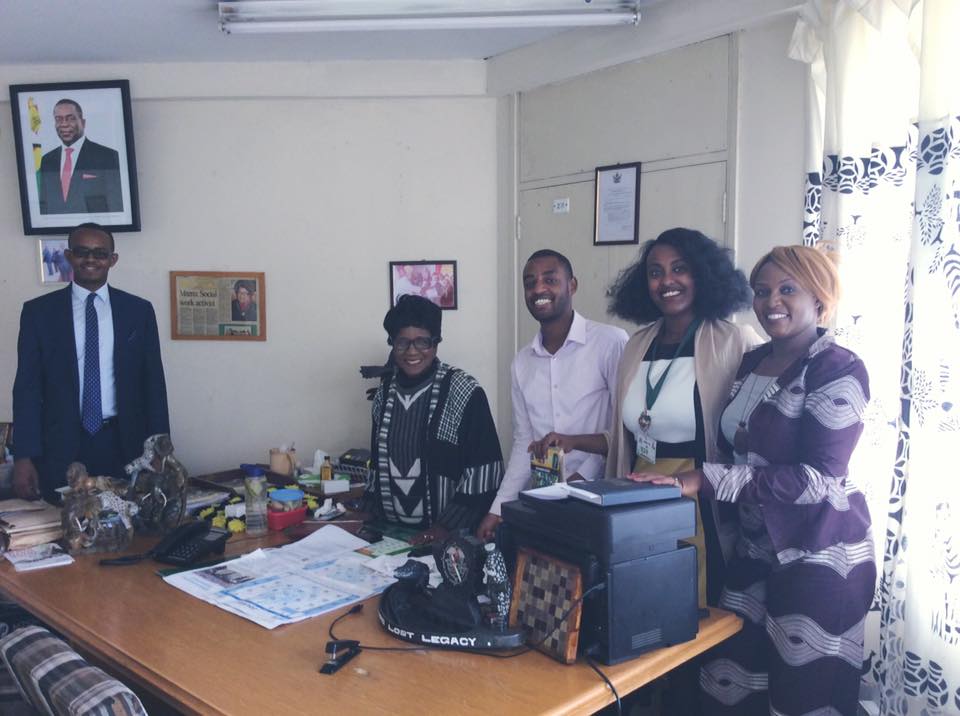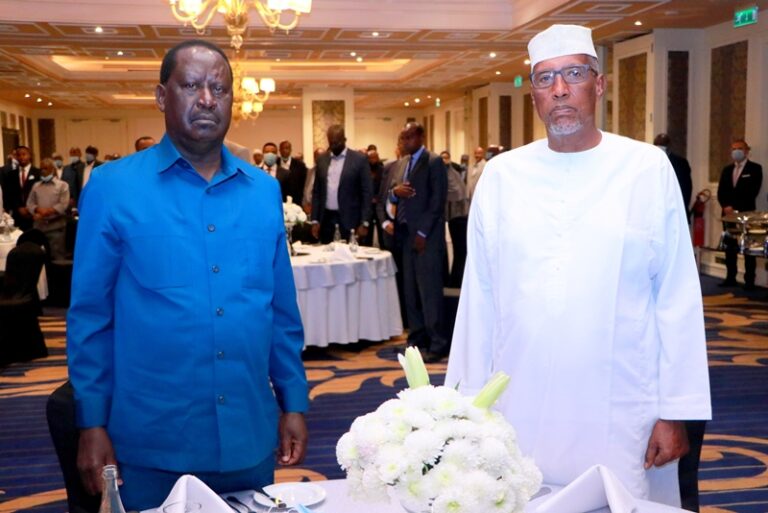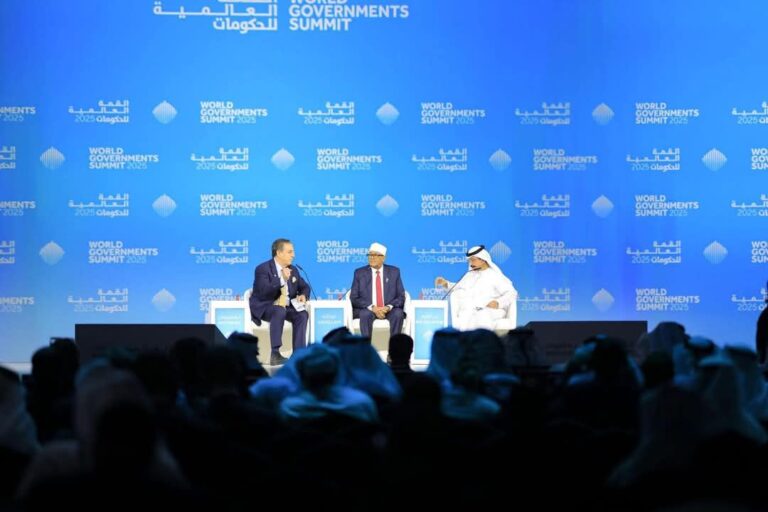As I stepped into the ZANU PF Party headquarters, one of the oldest political parties in Africa, founded by Robert Mugabe and Joshua Nkomo in 1987, I couldn’t help but feel a sense of reverence for the history that permeated the walls of this iconic building. But what added another layer of significance to my visit was the fact that President Emmerson Mnangagwa was currently in charge, leading the party and the nation through a pivotal period of transition and transformation, it was March 27, 2018.
Founded in 1987 by Robert Mugabe and Joshua Nkomo, ZANU PF stands as one of the oldest political parties in Africa, with a rich and complex legacy that has shaped the course of Zimbabwean politics for decades.
My visit to the party headquarters was an opportunity to delve deeper into this history and gain a firsthand understanding of the organization that has played such a pivotal role in the socio-political landscape of Zimbabwe. The overwhelming sense of pride and tradition that seemed to resound in every corner of the building struck me the moment I entered.
One of the most striking aspects of my visit was the opportunity to explore the party’s archives, which contained a treasure trove of documents, photographs, and memorabilia documenting the journey of ZANU PF from its humble beginnings to its current position of prominence. As I pored over these artifacts, I couldn’t help but marvel at the resilience and determination of the party’s founders, who navigated countless challenges and obstacles to establish ZANU PF as a formidable force in Zimbabwean politics.
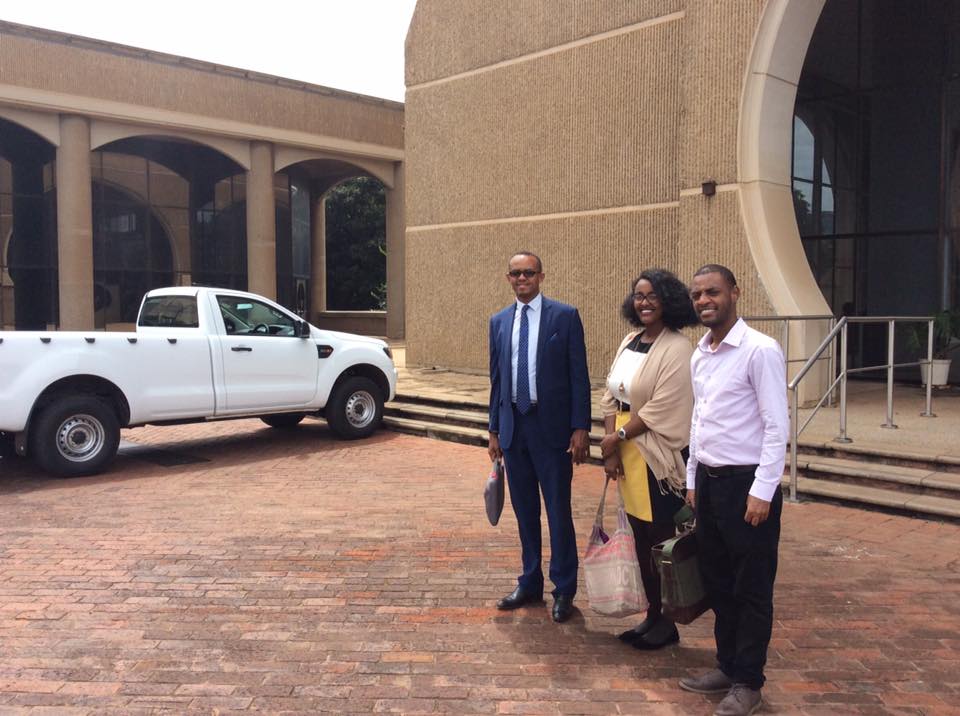
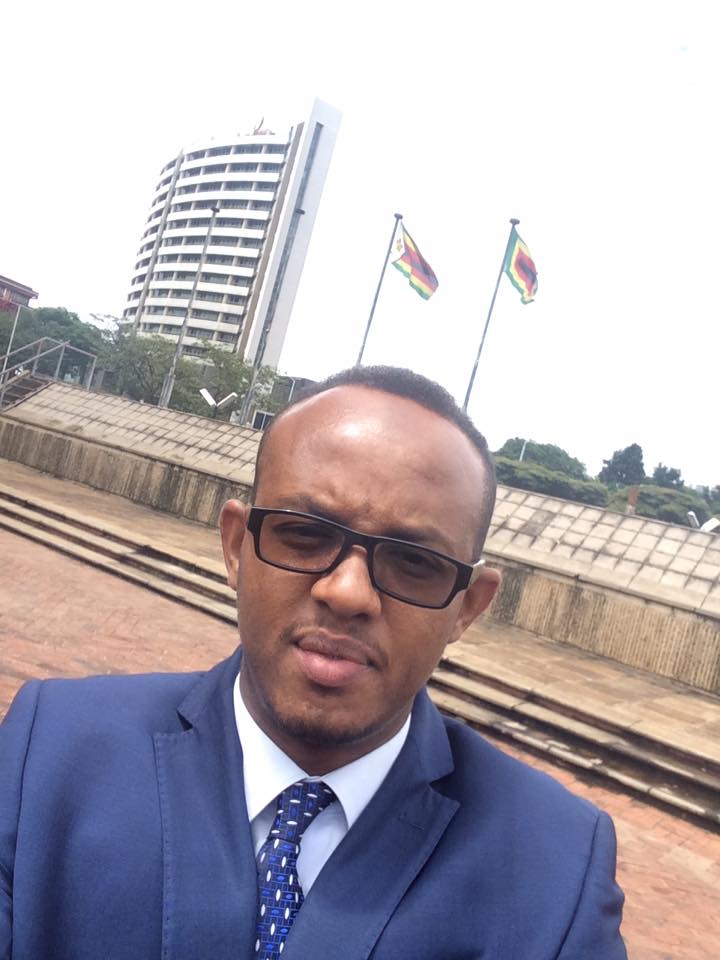
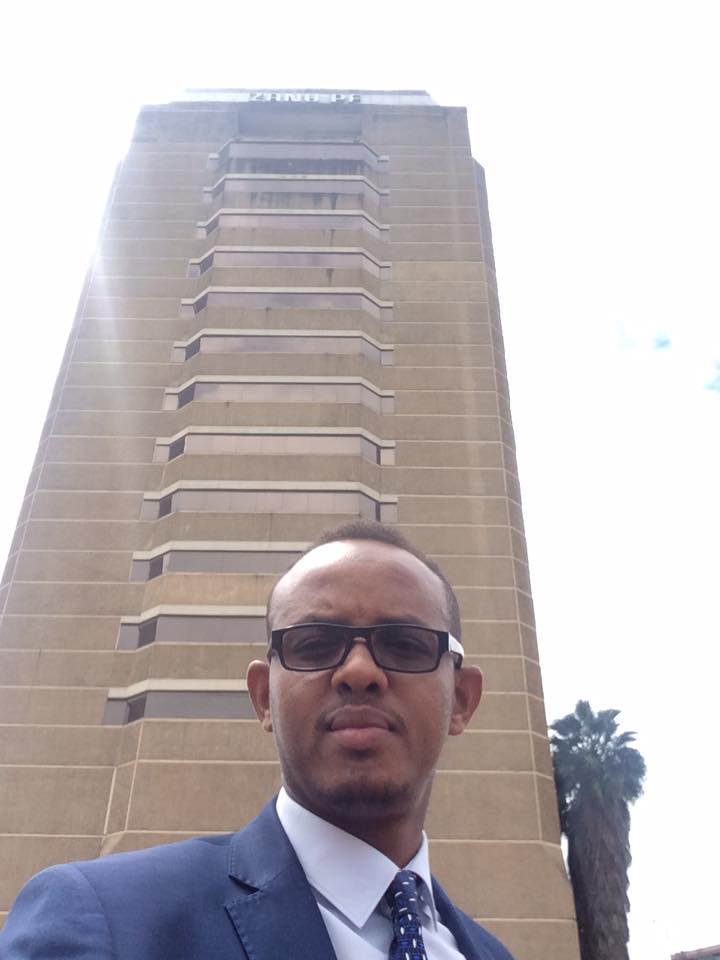
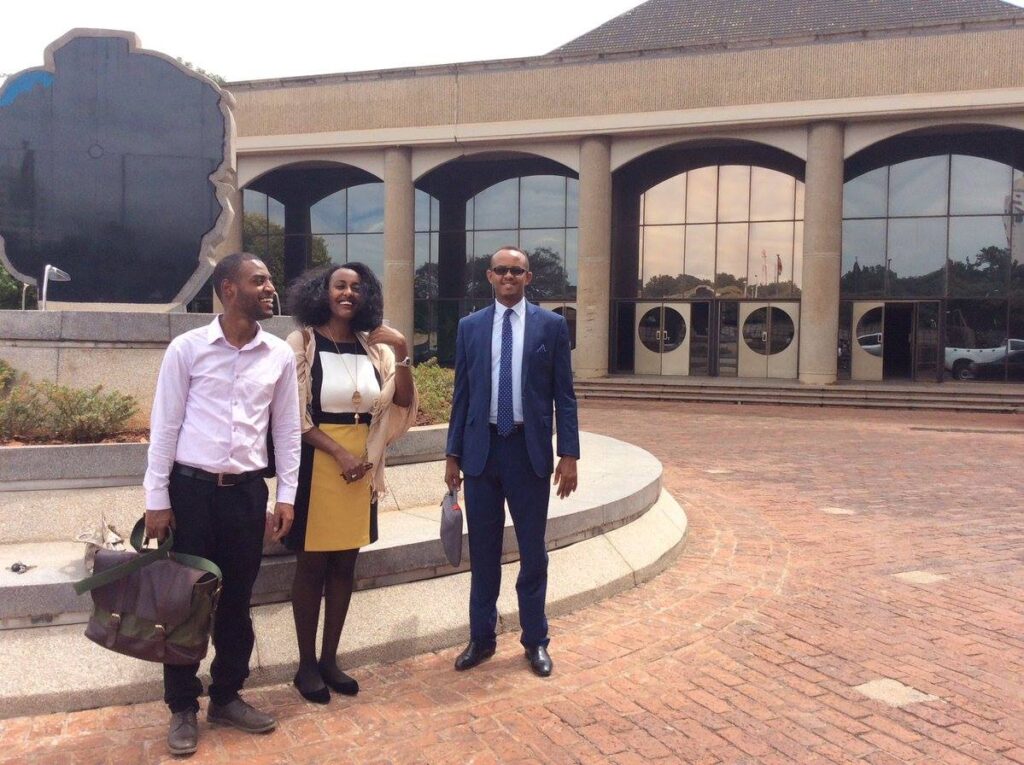
However, my visit also provided valuable insights into the complexities and contradictions that have characterized ZANU PF’s history. While the party has undoubtedly achieved significant milestones in terms of liberation and nation-building, it has also been embroiled in controversy and criticism, particularly in recent years. The diversity of viewpoints and opinions within the organization, which reflected the larger complexities of Zimbabwean society, struck me as I had conversations with party members and officials.
Moreover, my visit prompted me to reflect on the broader significance of political parties like ZANU PF in the African context. While they undoubtedly play a crucial role in shaping governance and policy, they are also subject to the same challenges and shortcomings as political entities elsewhere in the world. Corruption, internal power struggles, and ideological divisions are all too common within the realm of African politics, and ZANU PF is no exception.
To conclude, my visit to ZANU PF Party headquarters was a journey into history, a chance to explore the legacy of a political institution that has left an indelible mark on the fabric of Zimbabwean society. It was a reminder of the complexities and contradictions of politics, but also of the enduring spirit of resilience and determination that continues to drive the struggle for a better future under the leadership of President Mnangagwa.
